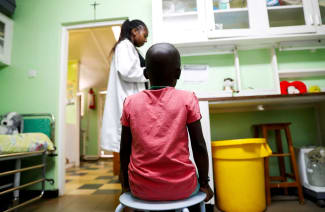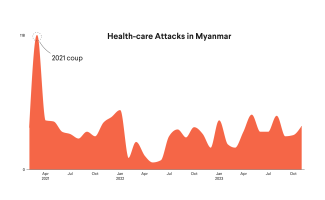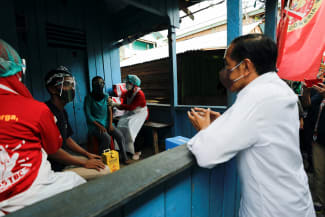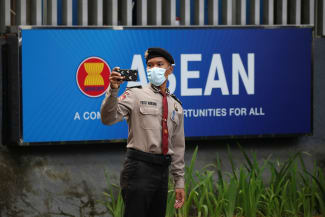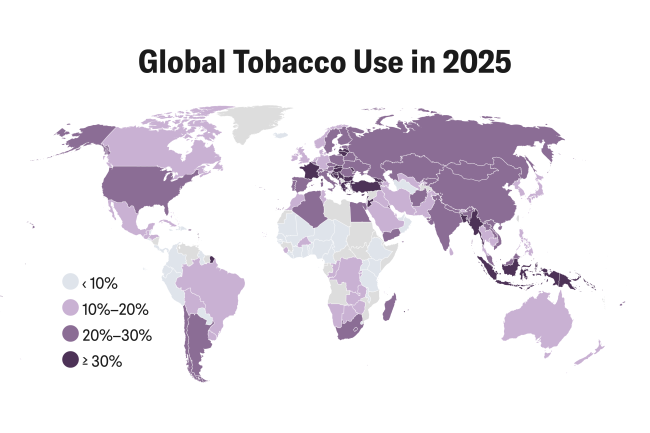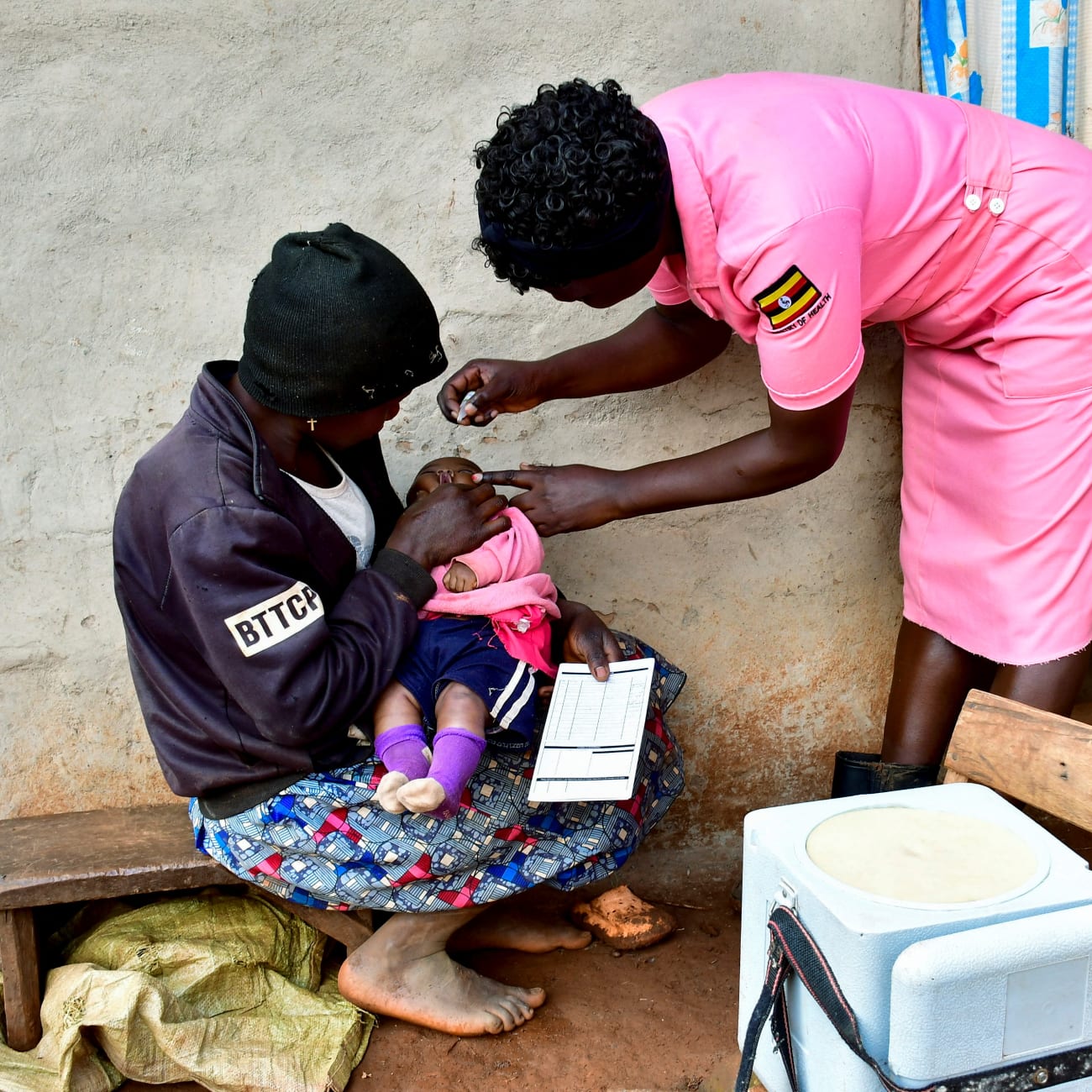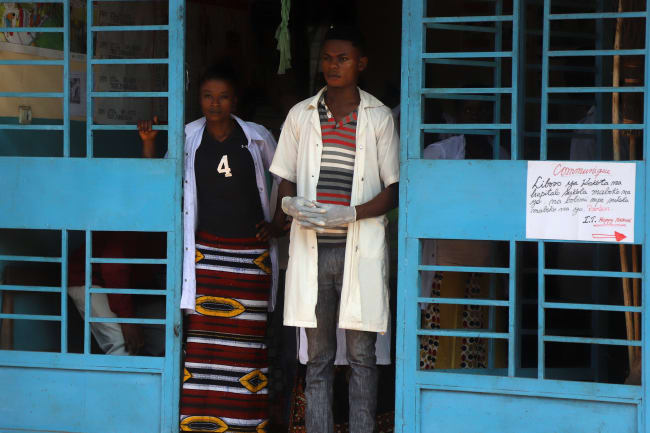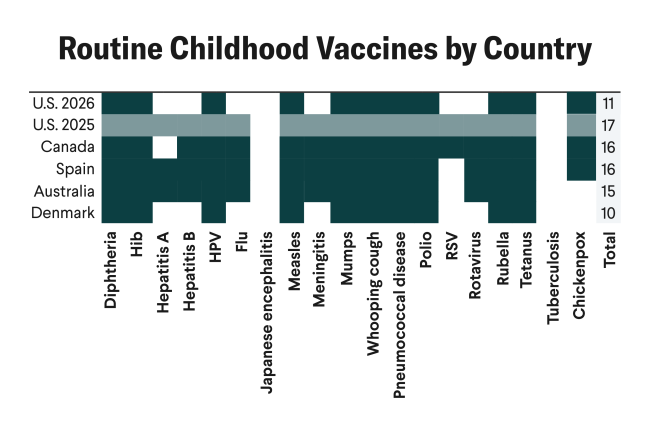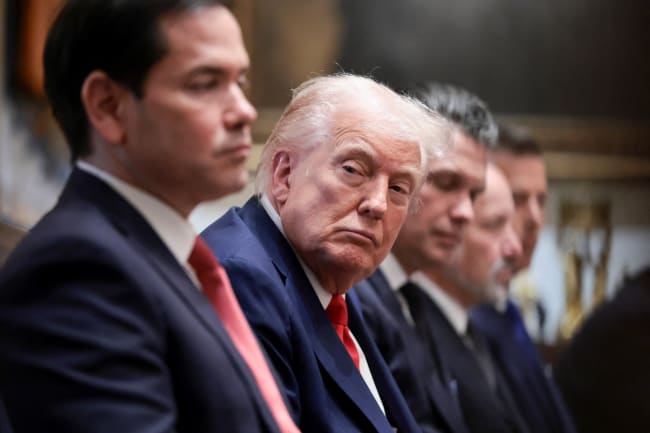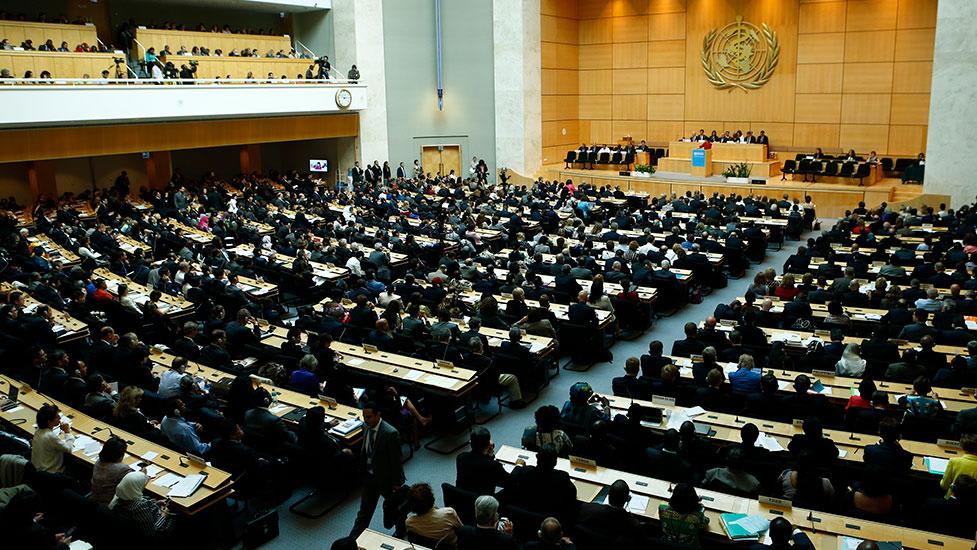
Governance
There is a new world of challenges for global health governance, with shifting donor priorities and evolving health needs in many low- and middle-income nations. This section offers an inside look at the ways in which global health governance is adapting to these changes, with a focus on the institutions, rules, and processes that govern the health of people across the world
Governance
Governance
Governance
Beyond Thimerosal: Preserving Vaccine Access Amid Growing Hesitation
Vaccine ingredients such as thimerosal have long safety records. U.S. discourse could sow dangerous doubt among global partners


